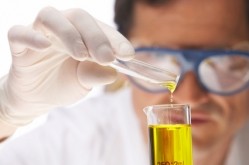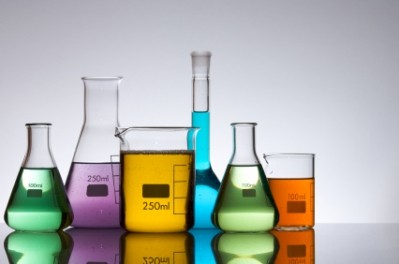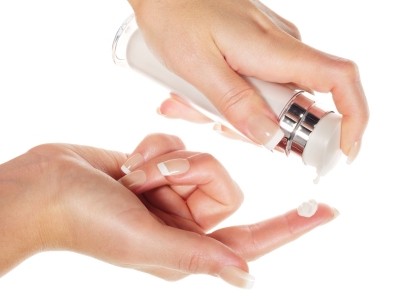EU funding give UK lab a boost in hunt for animal testing alternatives

The lab, XCellR8, based in Cheshire in England, is specifically researching an alternative method that uses human cells donated by cosmetics surgery patients, according to a report in the Belfast Telegraph.
The lab’s testing method involves models of human tissue reconstructed from human cells taken from patients during cosmetics surgery, the paper explains.
Animal testing in Europe
In March, 2013, the EU implemented its current general ban on the sale of any cosmetics products tested on animals. It reinforced and took further the previous regulation in the region, which banned the testing itself in the region from 2009.
REACH, an EU regulation concerning the Registration, Evaluation, Authorisation and restriction of CHemicals, covers the animal testing regulation, and works to support companies through data sharing of any hazardous chemicals registered, and promoting alternative testing methods.
Under this directive, despite the general ban on animal testing for cosmetics, some chemicals can be tested on animals if no alternative method exists.
Research like that being undertaken by XCellR8, aims to eliminate the need to test on animals by offering such alternative methods.
The potential alternative
Speaking to the Belfast Telegraph, Carol Treasure, co-founder and managing director of XCellR8, outlined that the proposed method successfully adheres to the demands made both by cosmetics regulators, and testing ban.
"Our acute toxicity testing method is aimed at meeting both the safety demands of EU Reach regulations and the ethical demands of the EU Cosmetic Regulation,” she explained.
“We are confident it can do this by using human skin cells that will give robust test results for human toxicity which are more accurate and reproducible than any animal test.
"It would also reduce the costs associated with animal testing and respond to the overwhelming demand from consumers worldwide for non-animal tested products."














